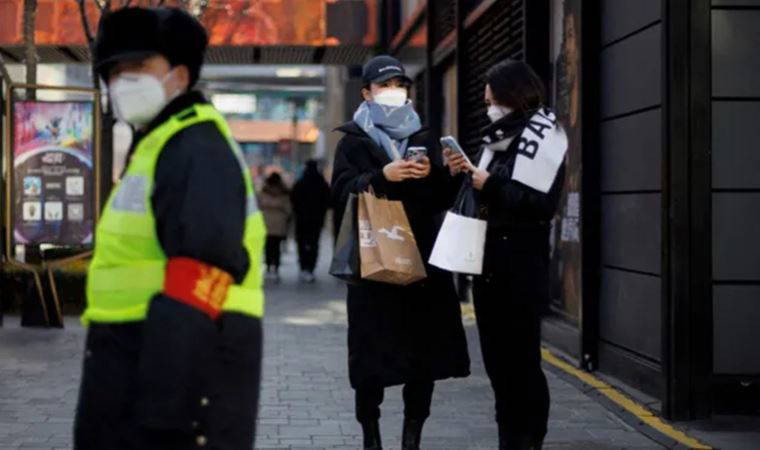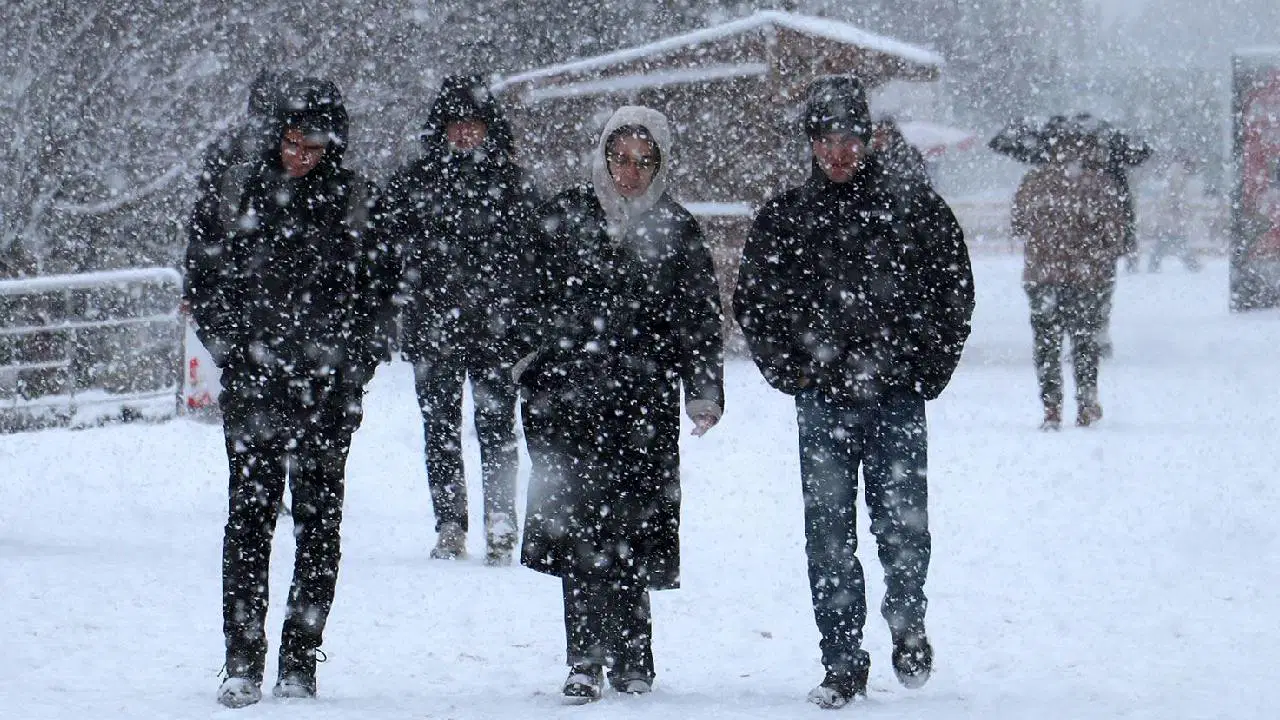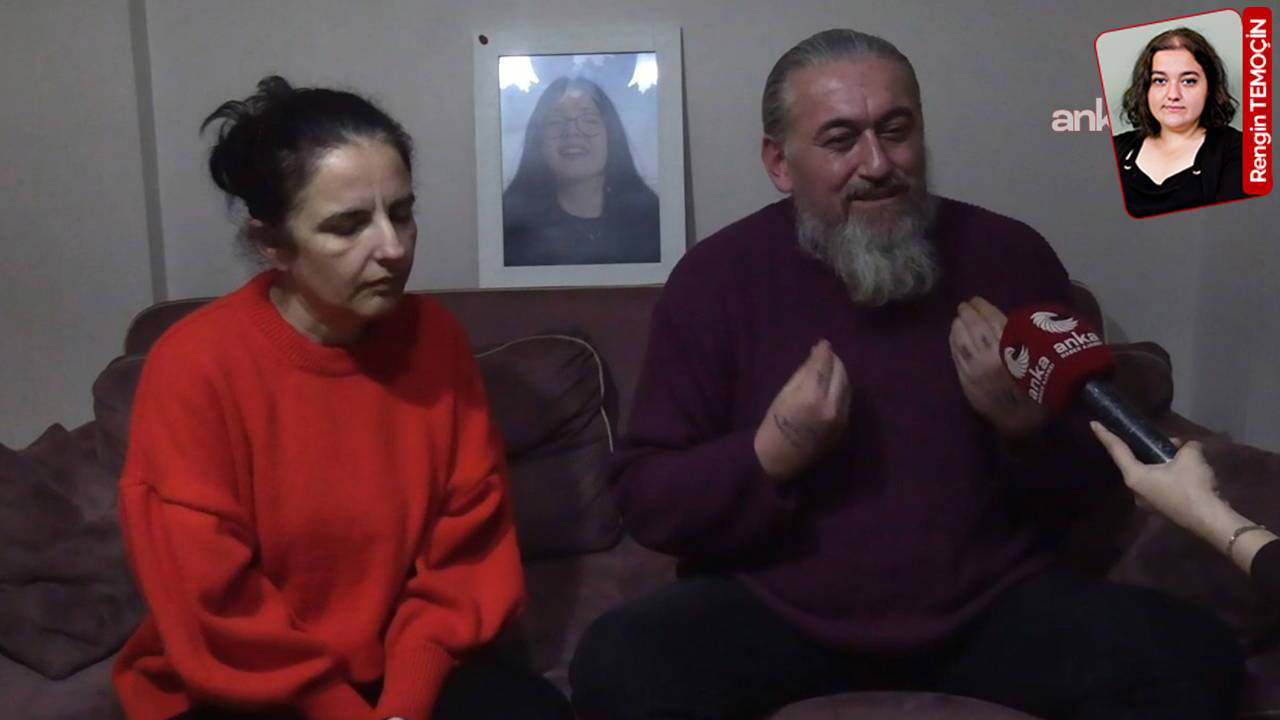A Chinese journalist at one of the country’s major state media outlets known for his relatively forthright and liberal writings has been arrested on charges of espionage, his family have said.
Dong Yuyu was detained in February 2022 after meeting with a Japanese diplomat who, it was reported at the time, was also taken for interrogation before being released. Dong’s family kept his detention secret in the hope of securing his release, but last month were told his case was progressing to trial.
Under China’s espionage laws – which are set to be broadened even further on Wednesday – Dong could face a jail sentence of 10 years to life. China’s notoriously opaque justice system has a conviction rate of more than 99%, with next to no transparency for national security-related cases.
“People tried for espionage in China are almost always convicted, with the typical sentence being ten years,” said a statement from the leaders of the US National Press Club. “Yuyu has not seen his family since he was detained and has been allowed to meet his lawyer in person only one time.”
According to The Guardian, Yuyu’s detention has been widely criticised by human rights and press freedom groups, as well as Harvard University’s Niemen Foundation where Dong was a fellow in 2007.
Critics say the editor appears to have been targeted over his connections and “normal interactions” with foreigners. Dong was well known among international circles in Beijing, and among western journalists and diplomats.
“[The family’s] hope was that investigators could understand that his foreign ties were not suspicious but a normal part of his job and a normal interaction between peoples in most parts of the world,” said his family’s statement, according to the Washington Post.
Dong had worked at the Guangming Daily, one of China’s major state-controlled newspapers, since 1987. He had completed fellowships in Japan and the US, and written for the New York Times. Through a long career, his writings have been described as being pro-reform, with liberal advocacy for improvement of Chinese governance.
His prosecution has prompted warnings over the Chinese government’s growing hostility towards interactions between Chinese and foreigners amid rising nationalistic sentiment and government suspicion of foreign “interference”. Relations with the US and Japan in particular are at a low point, exacerbated by tensions over Taiwan.
An open letter signed by more than 60 academics and journalists, many of whom had met with Dong over the years, called for the journalist’s release and said the case meant acts of “people to people diplomacy”, for which the Chinese government professes support, could not happen if Chinese counterparts risked being accused of espionage.
“Meetings with people like Mr Dong are essential if China and the rest of the world are to have productive, open, and stable relations,” it said.
The growing authoritarianism of China’s ruling Communist party has brought a far more dangerous environment for liberal thinkers, lawyers, and civil society workers. On Wednesday, China’s rubber-stamp parliament is expected to pass amendments to the country’s espionage laws, broadening their scope and increasing search powers of authorities.
Journalists, activists and lawyers have been detained, harassed, and jailed. On Tuesday, Chinese state media revealed a Taiwanese political activist, arrested in August, had been formally charged with secession offences. Yang Chih-yuan is the vice-chair of the Taiwanese National party, and had advocated for an independent state of Taiwan. Beijing claims Taiwan as a wayward province of China that it intends to “reunify”. Taiwan’s democraticallyelected government and people oppose Chinese rule.
Also this week, Chinese authorities arrested a Taiwan-based bookseller who had returned to Shanghai to renounce his citizenship as part of his Taiwanese naturalisation. Earlier this month, two prominent human rights activists were given extraordinarily long jail sentences of 12 and 14 years.
In recent years, Chinese authorities have arrested Cheng Lei, an Australian journalist working for Chinese state media who remains detained, and a Bloomberg news assistant, Haze Fan, who was released last year. Zhang Zhan, a former lawyer and citizen journalist, was in 2020 sentenced to four years in jail for her reports from Wuhan during the early pandemic lockdown. She was among several citizen journalists who disappeared while reporting from Wuhan.
Iris Hsu, China representative for the Committee to Protect Journalists (CPJ), said prosecuting Dong for espionage was “absurd and cruel”. “Speaking to foreign diplomats is crucial to journalists covering international news,” Hsu said.
The CPJ noted that China was the second-worst jailer of journalists in the world, with at least 48 behind bars as of 1 December 2022. It said Dong was not included in that figure because they were unaware of his detention at the time. Surveys by Reporters Without Borders have in recent years put the figure above 100.















